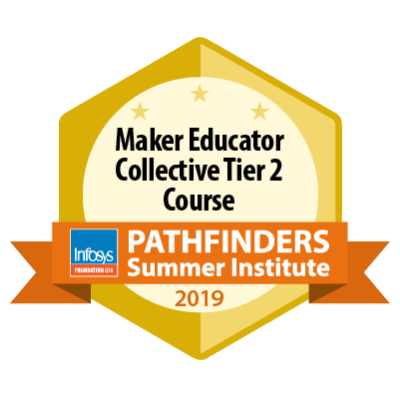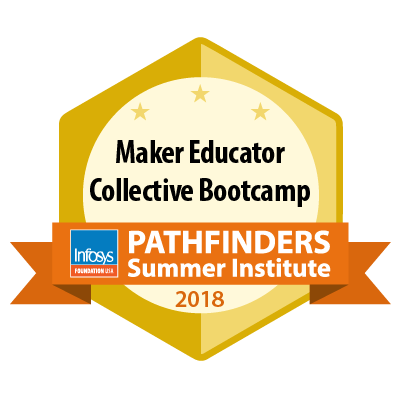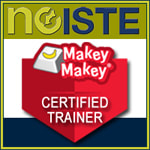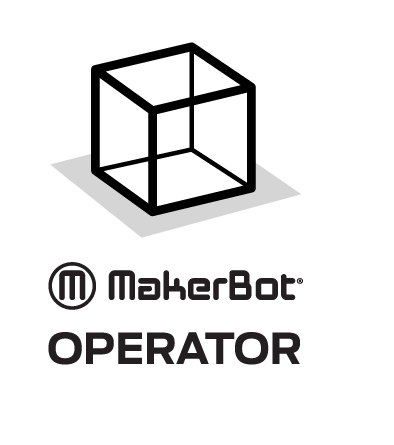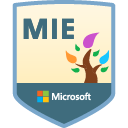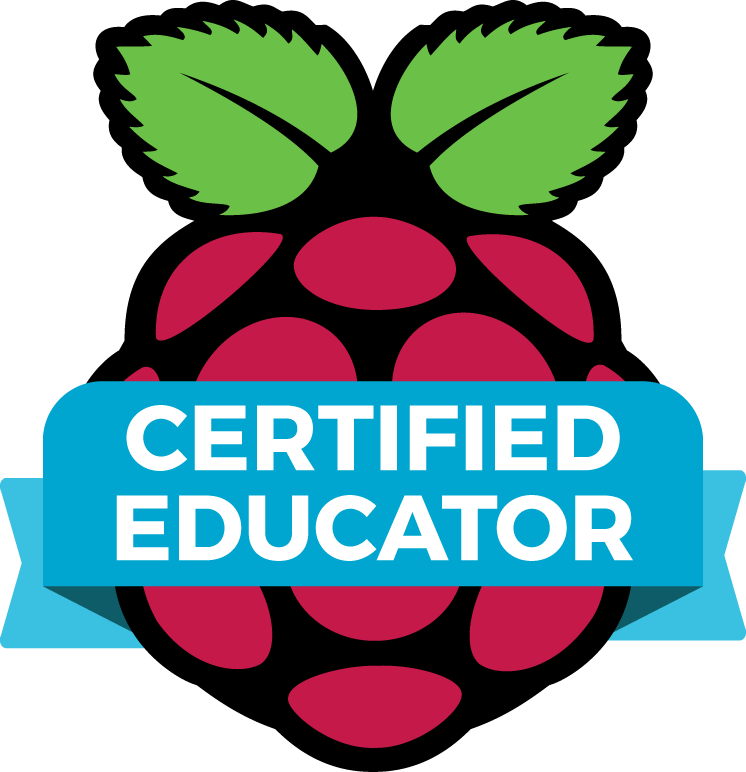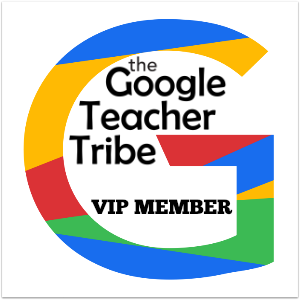Book Creator- One of the Best Tools Around!
I got an update from Book Creator this past week, and yet again- they are making their product better, more accessible and easier for students and teachers to use. Now they have added voice search, image attribution and the ability for teachers to block image results, if needed. You can read all about these wonderful updates here. They have linked up with Pixabay for CC images and now there is even a button for image attribution.
Voice search is very cool, especially for ELL students and our younger grades. It works in maps too! Oh, and did I mention you can search in over 120 languages? Check out the short little video below. Need to learn more about this great tool? They have free webinars coming right up! Genially
Matt Miller shared a blog post co-authored by Manny Curiel and Karly Moura called 15 Ways to Use Genially in the Classroom. Now, I have to admit, I don' t use this tool, but I was intrigued and checked it out. It is a presentation tool that you can use instead of/in addition to PowerPoint or Google Slides. It offers cool templates and if you take some time to go down through the 15 ideas presented, has lots of potential. So... if you are looking for another tool to use, want to add this one to your list of tools to check out this summer... here you go. There is a free version and then, of course, a premium version. Read more aboutthese ideas here, and check out the video below.
CodeBlocks
Note- I also found his excellent course on Circuit Playground on MakeCode, which is really cool as I am taking an all day course on the circuit playground this coming Saturday...
Scratch Jr Connect
This is a new online resource for teachers and students to both find projects in Scratch Jr and to contribute to the growing resource. There are projects from around the world!
Canva and TeacherMade
Richard Byrne recently posted an excellent idea- combining the worksheets from Canva with TeacherMade. What a great combination! You can read more about it here, and check out his video below.
0 Comments
Asian American Pacific Islander Heritage Month
With the focus on racist attacks on Asian and Asian Pacific people of late, and being that May is Asian American Pacific Islander Heritage Month, Learning for Justice referenced this lesson plan, posted last fall that you may find helpful. PBS, as well as many others offer great resources as well.
Great ideas from Dr. Torrey Trust's Students
UMass's Dr. Torrey Trust always shares the best stuff! She recently shared this great collection of final project ideas from her students.
Enjoy!
Seterra Geography Games
Not sure where I saw this link recently, but Seterra is a really neat site to customize and play geography games. Check it out here.
New Text Overlay Options in Google Docs
Finally! This just came through my feed this morning... you can now position text over an image in Google Docs! Here's the update from Google Workspaces, Richard Byrne over at FreeTech4Teachers is on top of it and already has a post on how to use it.
Virtual Libraries from @msmteaches
There are some amazing teachers who freely share their work and one that I would like to call attention to is @msmteaches. She has created an amazing amount of great material that she shares on her web site. Check out her virtual libraries!
https://sites.google.com/view/msmteaches/virtual-libraries. Seriously- check this out: 186 slides of more than 4,100 books and nearly 300 drawing tutorials News from Alice Keeler
Alice Keeler's knowledge and enthusiasm are always welcome in my email feed! This morning she not only shared about Automagical Forms- a really cool way to take your worksheets, pdf, docs and flip them right over to Google Forms with no copy/paste, but she also created a short little video to show how the new Auto-save feature works in Google forms. See below.
Caveat on Automagical forms... it is free to try- only 6 pages. Then it's something you or your district has to pay for. Check the pricing structure here. Here's thehow-to guide. Marathon Kids Connect
I was looking through the EdTech Digest lists of winners for this year and saw this one for runners- Marathon Kids Connect. I wonder if it would be useful for Girls on the Run club or at the MS/HS? It says it's free. I did not investigate the data collection side of it.
Crayola Video Series
Shannon McClintock Miller shared some great info about the Crayola video series recently. It looks like it's on Facebook- not YouTube. Here's Shannon's post to tell you more about it.
Matt Bergman - Infusing Tech
Nice interview of Matt Bergman on tech integration. Made me remember to post a link to Matt's post for this cool puzzle maker. "I'm a Puzzle is a great site that you can use to piece together a custom puzzle for students. Whether you are giving students a preview about a topic or want to put together a clue for a scavenger hunt, this a great free resource for you to use!"
Google TakeOut
Still not sure about how to get your data from Google Drive? Here's another video to show you how.
Scratch
Last week was Scratch week! There were so many amazing projects posted online. Scratch just keeps getting better and better! Mitch Resnick posted this fun project. Try it out.
Wakelet
Wakelet community week is right around the corner. If you haven't checked out Wakelet yet- there's lots of great opportunities. Check it out here.
Tech Tips
Google Take Out- choices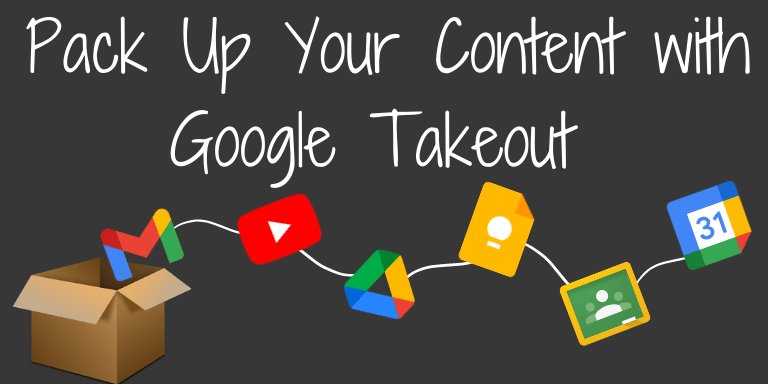
Before I forget... if you are leaving your district, retiring or graduating- you can transfer your Google docs, etc. to a new personal account. You have a couple options, which Jenn Judkins explains in detail. Please check out her post here.
Richard Byrne also posted on his blog about this topic this week. He has similar ideas and included a couple short videos. Check out his post here.
Schoolytics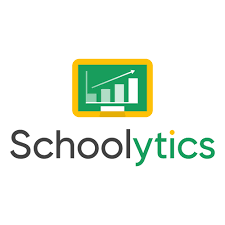
Schoolytics is a data dashboard that integrates with Google Classroom. It is free for teachers. I know that "data dashboard" may not sound really cool, but this one is! The information is presented clearly. The graphics give you tons of information at a glance. I can't see why any teacher or administrator would pass this one up.
In an interview last fall, Erin Sailor, Director of Professional Learning for Eduscape, stated, “Schoolytics provides the data insights needed to integrate educational technology and understand how to support students in any type of learning environment. Administrators and student support teams can identify learners in need of remediation and determine trends in technology use. Educators can access their Schoolytics Google Classroom information to gather insights on student progress and make informed instructional decisions." Check out the live demo of Schoolytics Keen
Keen... Google's answer to Pinterest?
I saw a post aboutKeen this week; I hadn't heard of it. I am not a Pinterest fan, as I get lost within seconds just about every time I use it. Yes, great ideas, etc... but I generally find a whole page of cool stuff to check out, click one link and can't get back to the rest... So, check this out, see if it makes you happy. It's another way to organize your favs, to share and collate collections. Wakelet for Students
Graspable Math
Graspable Math allows you to "Assign algebra tasks to your students and see live feedback of their step-by-step work. Discover, create, and share engaging math activities for 4th to 12th graders.
GM Activities is free for K-12 school teachers"
Ideas to Share
Many of the resources this week come from recent Twitter posts. Honestly, if you are an educator and you are not on Twitter, you don't know what you are missing. I remember when Twitter first came out and I could not see any use whatsoever for that "nonsense". But that was over 13 years ago! So much has changed since then. If all the political posts annoy you- don't follow those people! I understand that social media certainly has its negative aspects, but Twitter is the primary source of a wealth of information for all educators. There are now "Clubhouse Communities" for educators as well (not Twitter, but a relatively new platform). I know time is scarce, but aside from the few times when I still fall down the Twitter rabbit hole, it's doable.
Pick some educators to follow and see what you can learn. Make a time for this, once a day, once a week- just carve out 15 minutes. To help you out... here's a couple of tweets with lists of K-12 educators and a list of edu blogs to follow.
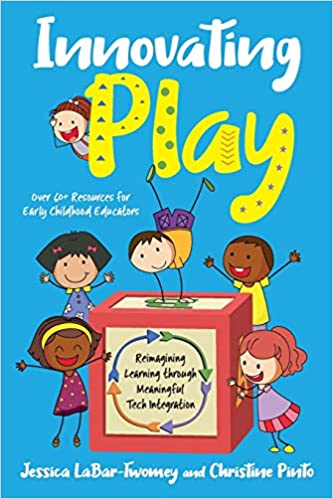
Google Apps for Primary Educators
I was fortunate to attend Thursday's Napa Learns presentation featuring Christine Pinto and Jessica Twomey. They gave a resource- packed hour with a plethora of tried and tested resources to use with younger learners. You need to check out their blog, as well as follow them on Twitter. They also have a new book out- check that out here. Here are 2 of the fabulous resources shared, Playing with Works Centers- 45 slides with 5 great resources ready to use or adapt on each; and Connected Play Centers, currently with 52 slides and 5 resources on each. Your planning is done for the rest of the year. Microsoft Reading Progress Tracker
I know I wrote about this last week, but I got to listen to Mike Tholfsen talk about this and demo it on Leslie Fisher's Friday night webinar. I love Google for education, but this makes me want to find a really good way to make this work for our Google Classroom students and their teachers. Mike says No, have to use Teams. I want to find a way to integrate this without adding another layer! It is the best Reading progress system I have seen. Check out the walk-through to see how it all works.
Ideas to Share
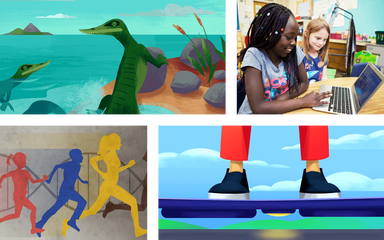
Amplify STEM is also offering some interesting webinars. Check it out here. http://go.info.amplify.com/getintouch-webinar-fy21_science_lhs_national_springwebinar
As the school year starts to wind down for many, it seems like we are caught in a whirlwind of trying to get "it" all in, trying to finish up projects, tying up loose ends, etc... all while trying to "finish strong". This has been the strangest school year on record for most of us. Hopefully a few of these tips, and articles can help you finish up and have fun doing it.
This has been all over Twitter and FB over the last week.
26 Great ideas for the End of the Year! Click thru to the shared doc and make yourself a copy. Thank you to @candytechideas, @MongelliMegan and @the geoffwagner!
Backyard Bio
BioBlitz is really fun, whether you do it with your class, your school, your club or your family. There's still time (not much) to sign up for this! Check it out here. STEM for ALL Video Showcase
Coming up next week. Check out more info here.
Save the Dates! May 11th - 18th Climate Action Kit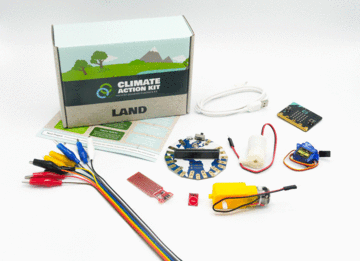
My latest "thing". I love microbits and have tried several types of bit boards to extend the pins and make it easy for elementary kids to use. This one has it all so far.
It has an easy to access Microbit board and an excellent curriculum linking to UN SDG goals with STEM content. I have attended several Inksmith webinars to learn more about the Climate Action Kit, after getting one a year or so ago. It pretty much sat on the shelf for a while, but after the webinars, and building my own plant watering system, I am hooked. These are easy to use, give very clear instructions and diagrams, are inexpensive and are linked to Ontario curriculum. Check out the Climate Action Kit here. Teams scores big on this one!Imagine if the developers of the Flipgrid Shorts Camera, Immersive Reader and Microsoft Teams all sat down to come up with an idea. Well Reading Progress is just that! Learn more about automatic running records and how this new tool can be in used in reading classrooms everywhere!
I drank the Google koolaid years ago and love all of the ways we can connect with our students, collaborate, etc. But- that doesn't mean that I don't love Flipgrid, Immersive Reader, etc- all in the Microsoft realm. So when I saw this come out the other day, I had to investigate. It looks GREAT! Honestly, I am not sure how to integrate it all into our googlesphere, but we should. As teachers and students we can get free Microsoft teams accounts. I don't know how crazy it would be to assign the reading passages in Teams through Google Classroom, but there must be a way. So- check out the videos above and visit the blog post to tell you all about it.
Ideas to Share
This post is mostly about STEM, but scroll down for some resources on media literacy as well as some early reading resources.
I took the vacation week off from writing a blog post, but did 5 days of PD instead. One of the best overall STEM conferences I have attended recently was the 4 day Elem STEM con. This was very inexpensive with the early bird registration and is still a deal at ~ $50 for the sessions available. You can still register thru the end of this month, only 3 more days. Check out the resources. I spent 4-7 hours/day at this conference for 4 days and still have not even listened to half of the presentations. They expanded to include more secondary STEM, as well as a lot of great information for DEI and Special Ed.
The other great PD I attended was an all day MakeyMakey workshop- "virtually hands-on". Next month will be the Circuit Playground workshop. These are sponsored by CS for MA. STEM Links
These are some of the STEM links from the Elementary STEM CON as well as the Amplify STEM conference. One that I really liked, surprisingly enough was one on math-Through the Looking Glass, Strengthening Arithmetic Skills with Fresh Perspectives. Sunil Singh was so engaging and made this fun. He also shared great links for math games that I will include below.

Reading Resources
These look great- and they are free! Student activity centers for PreK thru grade 5. FLORIDA CENTER FOR READING RESEARCH
Thinking about PD for the summer?
Aside fromInfosys, which I highly recommend, check outEducator Alexander's series. Media Literacy
Wes Fryer recently shared a media literacy lesson he created for his 5th grade class. Thanks Wes, for freely sharing your work! You can access the lesson here.
My go-to resource for media literacy is the News Literacy Project. They now have resources and lesson plans for grades 4 and up. This, in addition to the Checkology program and the NLP Sift make an excellent foundation for all of our students. "The Sift, NLP’s free weekly newsletter for educators — delivered during the school year — explores timely examples of misinformation, addresses media and press freedom topics and discusses social media trends and issues. It also includes links, discussion prompts and activities for use in the classroom."
They have recently introduced an upper elementary unit to help students learn to tell fact from opinion. Check it out here.
This lesson is designed to help students learn the difference between fact-based and opinion-based statements. The lesson includes a fun slideshow activity, handy flowchart, graphic organizer and other materials tailored for grades 4-6. Poetry Month This link comes from a Terri Eichholz post. I love the interactive google doc with lesson plans that she shared from Scott Bayer (@LyricalSwordz). With yet more unsettling news on the rise of hate and racism, here are some resources from KQED. Click here or on the image. WordtuneLooking for a new way to improve student writing? Try this Chrome extension- Wordtune. Eric Curts wrote up a great explanation on his site, and created this how to video, as well as detailed written instructions. I tried it out and like having a lot of choices, although, as with most of this type of tool, like Grammarly, I found that having it pop up to be intrusive and used the little dot in the top left to shut it off, unless I asked it for advice. I am curious to see how well the AI works. We all know that the auto-correct can be a godsend or make really funny mistakes. BreakoutEDU's free game of the week is Breakout THE ZOOM!
Math Whiteboard As many of you may know, math is not my favorite subject. This 30 min webinar on a new tool called Math Whiteboard honestly made the tool look really cool, but not being a math teacher, I don't know. He demo'd cool tricks with graphs, etc... made it look easy. He also seems to be available for questions and more demos. Try it and see! Let me know in the comments. Here's a couple of example images from his site. I just saw that Eric Curts is having a webinar on this next week 4/20/21 MakeCode Skill Map This one is in development, but go ahead and give it a shot if you don't mind that there may well be some bugs. I enjoyed the intro webinar and found most of it to be fun and easy to follow along. You can also check out the MakeCode Arcade platform, but this skillmap has potential as a teaching tool. One big plus- MakeCode Arcade has Immersive Reader! Canva If you haven't tried Canva, you're missing out. This platform has grown so much over the last year or so! I guess I'm not the only one who is so impressed with Canva. Richard Byrne just put up a new blog post 19 Canva Tutorials for Teachers and Students - Certificates, Comics, and More! Check out all the great tutorials he has created here. Here's a link to Canva's OnBoarding for Educator's presentation with step by step from setup to presenting remotely and more. Canva offers free pro accounts for educators! You can create classrooms. It is integrated with Google Classroom. Students can collaborate on work. The amount of resources available to teachers is simply amazing! Remove bg is part of the platform... You can find, reuse, recreate worksheets, comics, infographics and so much more. The Canva video below is a bit long, but worth the time. I have sat through several of Leslie Fisher's webinars on Canva and will be back for more. You can also check out Holly Clark's ideas here. I also took a couple of quick video tours ( less than a minute) below to show you some of what is available to teachers- for free!
Yet More Jamboard I attended a Fried.Tech webinar recently on Jamboard, not really expecting to learn anything new. Much of it was the same old, but I did learn more about the differences in using Jamboard on a tablet vs the web version (~ 11:28 on the video) There are some pretty cool things you can do with the app. Check out their presentation and slide deck. Just in from Eric Curts I thought I was done, but just saw this tweet from Eric. Now I have to go check out Monster Mash!
A couple of quick announcements before all of the National Poetry Month info. Did you know that this is also National Library Workers Day? Thank your librarian today!
Looking for resources for National Poetry Month? |
|
Kenn Nesbitt, former childrens' poet laureate, has a great site for the younger crowd. Check it out here. |
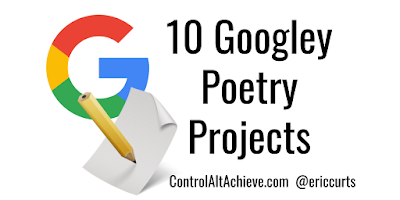
|
Celebrate National Poetry month with free games from Breakoutedu. Check out the great- free- offerings! We are celebrating National Poetry Month with our exciting games, ‘5 Lyric Poets’ and ‘Spring into Poetry’! Play for FREE this week only at: https://brkedu.com/Poet-SignUp |
Remember to use the link to make your own copy. If you are using this in a school setting, be sure to make your copy in your school account to enable sharing with your students.
It includes a collection of 70 poem/poetry books, 4 extra poem videos, and 26 children-friendly educational videos displayed in alphabetical order defining and showing how to write different types of poems, such as: acrostic, autobiographical, ballad, cinquain, clerihew, color, concrete, couplet, diamante, elegy, epic, epigram, found, free verse, haiku, limerick, list, lyric, narrative, ode, prose, quatrain, sonnet, and more.
|
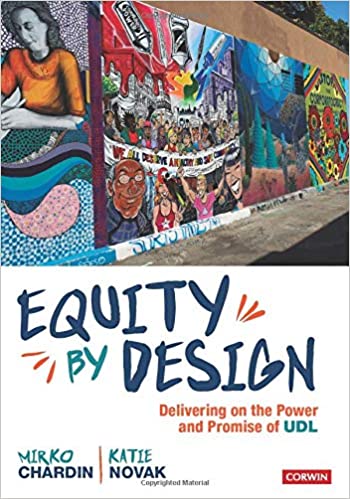
I tend to write about various tools for accessibility a lot as that was the biggest change for me when I flipped from private schools to public schools. I had never had kids with disabilities of any kind in my many years in private schools, either it wasn't a "good fit" or the kids had private tutors, so it did not impact my teaching. Then in the fall of 2013 I started working in a public school. I ended up taking a crash course- 36 credits in 16 months and an Ed.S later- now, I get it. This didn't even touch on equity issues relating to gender, race, digital access, etc... just physical and cognitive issues.
I was thrilled to see the article and listen to the podcast that Katie Novak and Mirko Chardin did with Jennifer Gonzalez recently, called
If Equity is a Priority, UDL is a Must
Check out the article and podcast here:
www.cultofpedagogy.com/udl-equity/
Katie and Mirko talk with Jennifer starting ~ 5 min in.
| There are new toolbars in Equatio & in Google Read and Write. |
| | |
What It’s All About: Teaching, Learning and Assessment
These frameworks are a work in progress. This is the slidedeck (ppt). The recording will post in the coming weeks.
Please remember to make your own copy/ do not request edit access, and please credit the authors.
I highlighted Eric Curt's tutorial for Tall Tweets, back in 2018. Lately I have been seeing more and more folks using both Tall Tweets and the new version Studio Creator to quickly and easily create gifs and videos. Teachers have been assigning or offering this as an option... show mitosis as a gif, show the water cycle as a gif, etc. So, I added the new version, Creator Studio, the slides add-on, to our allowed marketplace add-ons. It has mixed reviews, so if you try it and want to share either your positive or negative experiences, let us know. It's an add-on, so go to slides, add-ons-get add-ons to find it. It looks like most of the features you may want to use may not be free.
Ideas to Share
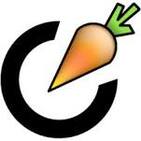 Carrot² As an open source search results clustering engine, Carrot² can show your results in different ways which you or your students may find helpful. |
| This one was new to me this week- Kindu TV. It's advertised as a safe place for teachers to find and share learning videos and seems to have a nice collection. It's cool that it is free for teachers and that you can pop a YouTube video url in and they will remove the ads for you. Try it and let me know what you think. |
| Check out this week's free Digital Breakout Game- "Breakout the Beat". |
| Google Data Studio is a really cool tool that I keep trying to find more time to learn about and use. It is kind of a replacement for Awesome Table and is way easier to use than pivot tables. Wanda Terral presented on this at Spring CUE- and graciously shared her slide deck. Within the deck is a video to help you walk thru the steps she went over. Now on my watch it asap list. |
This is a quick and easy accessibility feature, built right into chrome. Takes less than a minute to turn it on. These captions are not stored on the cloud, etc... just appear on your device for any audio or video. You can turn it off when not needed; you can even use it offline on audio or video you have saved. Read a bit more about it here.
This is a handy little feature to know about. It's new and it is super easy to use. Like Alice, I often have multiple tabs open and at least 3 windows. This lets me quickly and easily navigate between them
This is a new tool from Google to create short videos to share with others, and to have them respond. Richard Byrne does a nice job showing you the main features of the tool in the video below. We have applied to roll this out at HPS but it isn't available on your accounts as of this moment. However, I do have it on my personal gmail account. Not sure why they are asking us to jump through hoops on this one. It's not an IT holdup, it's a Google thing. You can read more about it here. Richard also compares this new tool, Threadit to Loom for recording right in your inbox in this video, which I also found interesting.
I thought I had enabled this one in the Marketplace a while back, but realized that I was accessing via my personal account. It's available now. It allows you to reshuffle all your slides, to combine slide decks, to add a whole bunch of images at once, download all your slides at once, etc. Another handy tool.
Adding timed assessments to Google Forms (formerly called Timify Me). This is a freemium product- an add on from Google Marketplace. You get the first 100 tests for free. Each student gets their own test, so the numbers add up quickly. I agree that this is not the time to add more pressure to either students or teachers, however, this may be useful for students who will need to prep for timed testing.
The LEXEND font is now available in the Simplify Page feature's font options in Read&Write for Google Chrome. More on the LEXEND font here: https://t.co/KCnNCtwmjm pic.twitter.com/b5u9GphIz5
— Will Lewis (@TH_Will) April 9, 2020
| |
Author
Maureen Tumenas
Archives
June 2021
May 2021
April 2021
March 2021
February 2021
January 2021
December 2020
November 2020
October 2020
September 2020
May 2020
April 2020
March 2020
February 2020
January 2020
December 2019
November 2019
October 2019
September 2019
June 2019
May 2019
April 2019
March 2019
February 2019
January 2019
December 2018
November 2018
October 2018
September 2018
June 2018
May 2018
April 2018
March 2018
February 2018
January 2018
December 2017
November 2017
October 2017
September 2017
June 2017
May 2017
April 2017
March 2017
February 2017
January 2017
December 2016
November 2016
October 2016
September 2016
August 2016
June 2016
May 2016
April 2016
March 2016
February 2016
January 2016
December 2015
November 2015
October 2015
September 2015
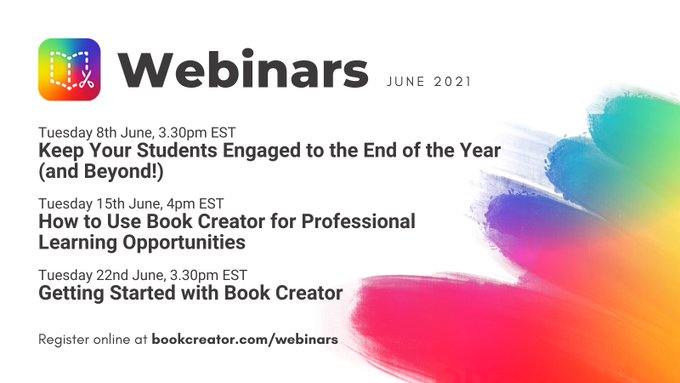
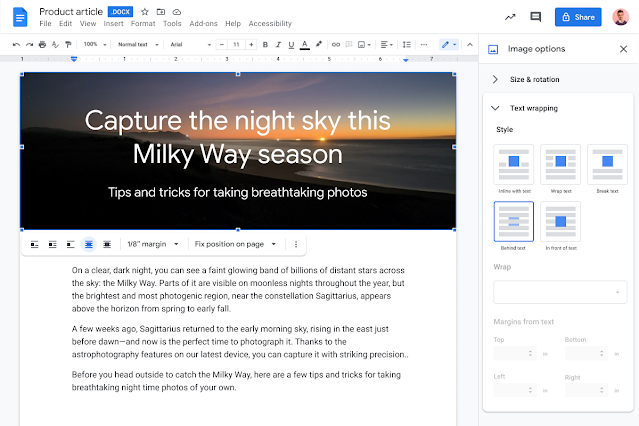
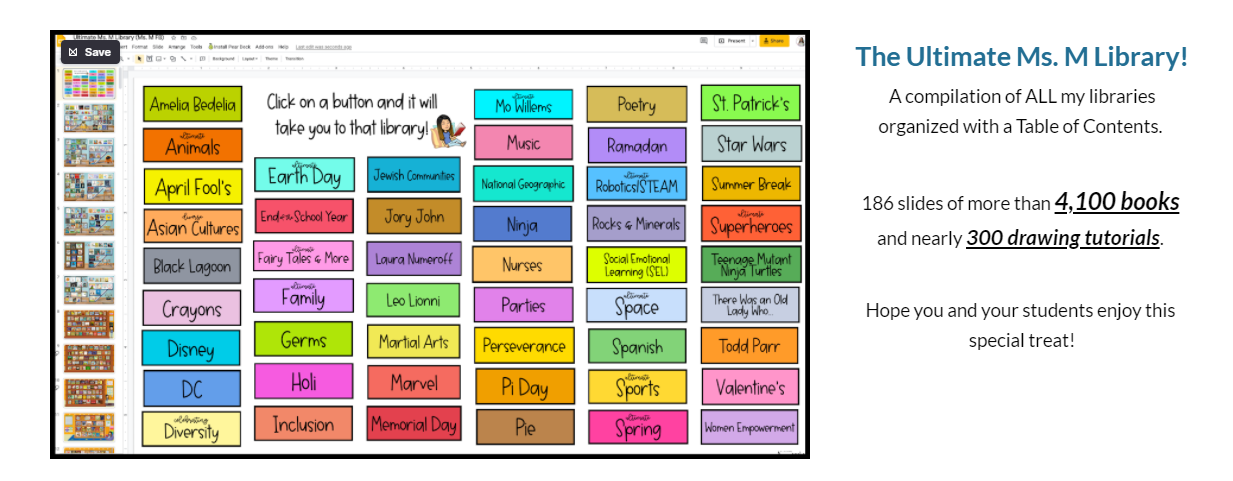
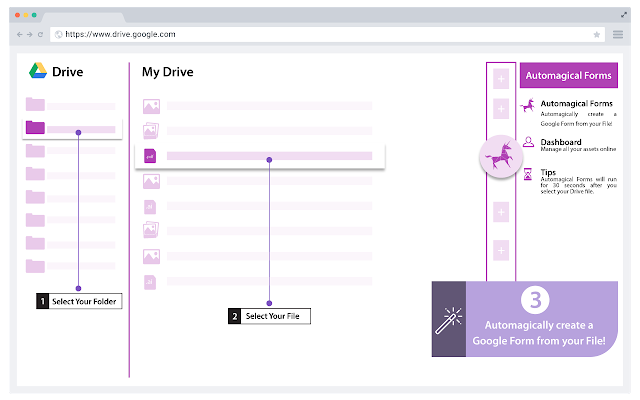
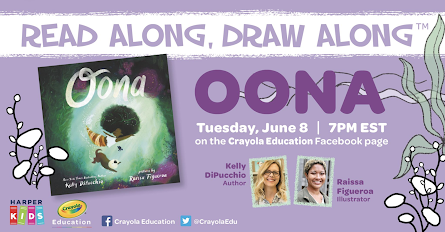
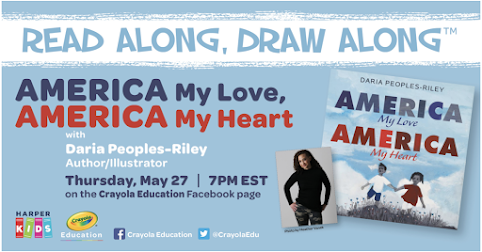
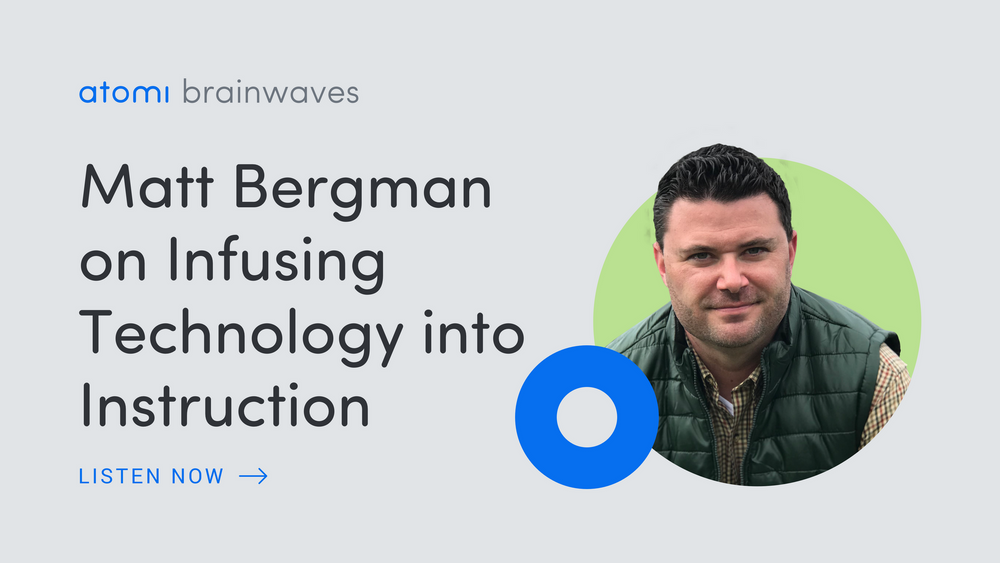
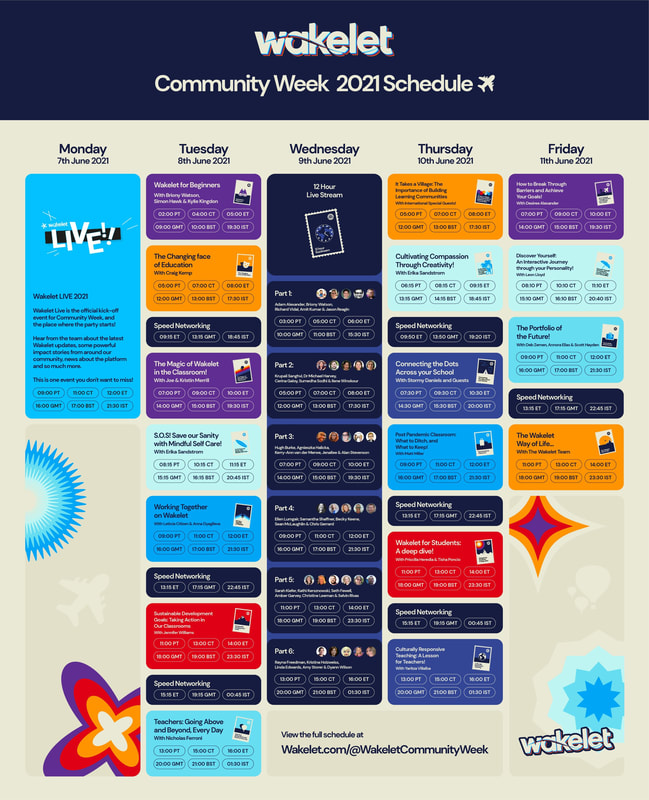


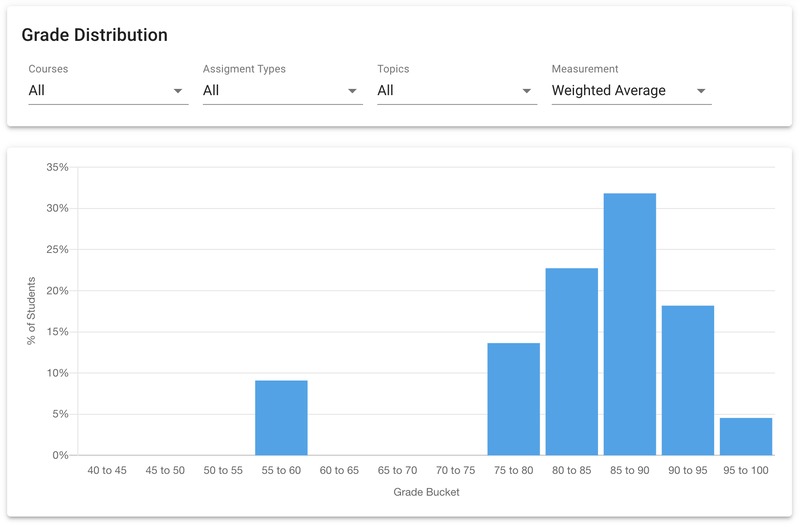

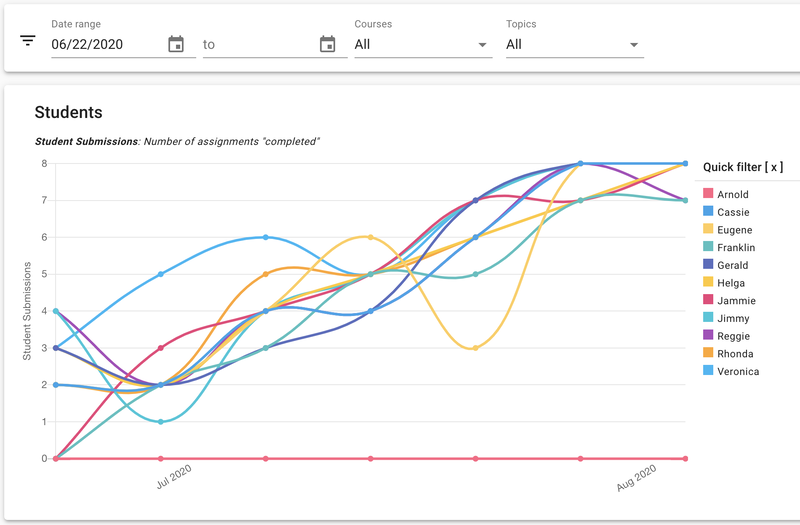
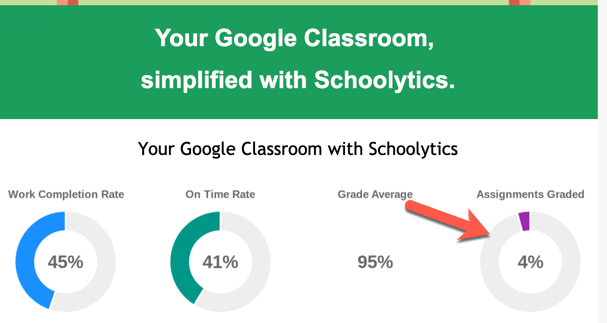
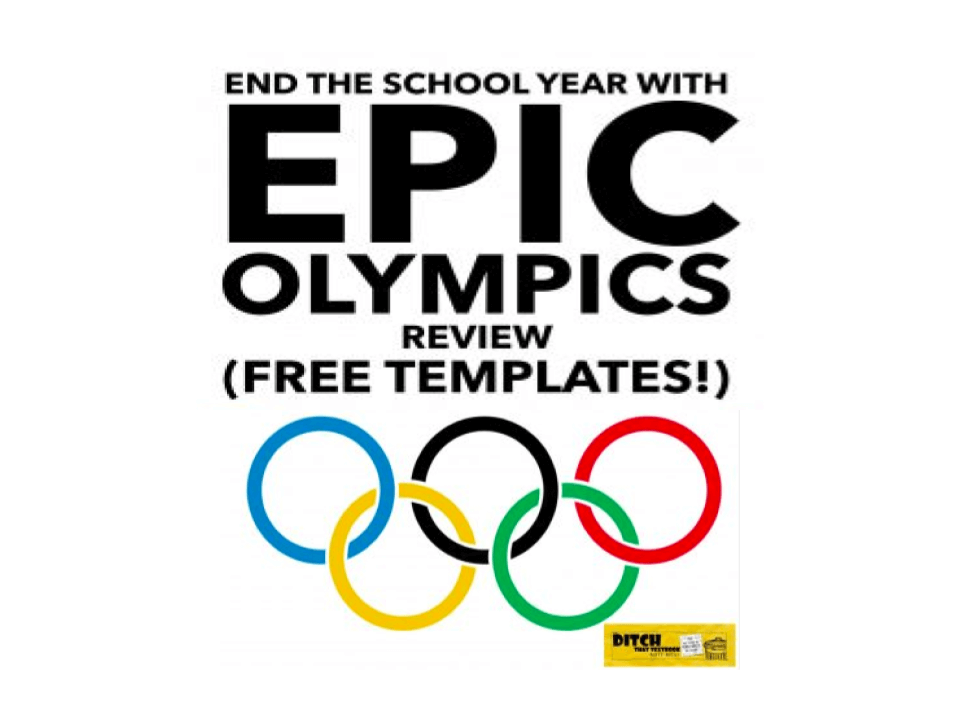
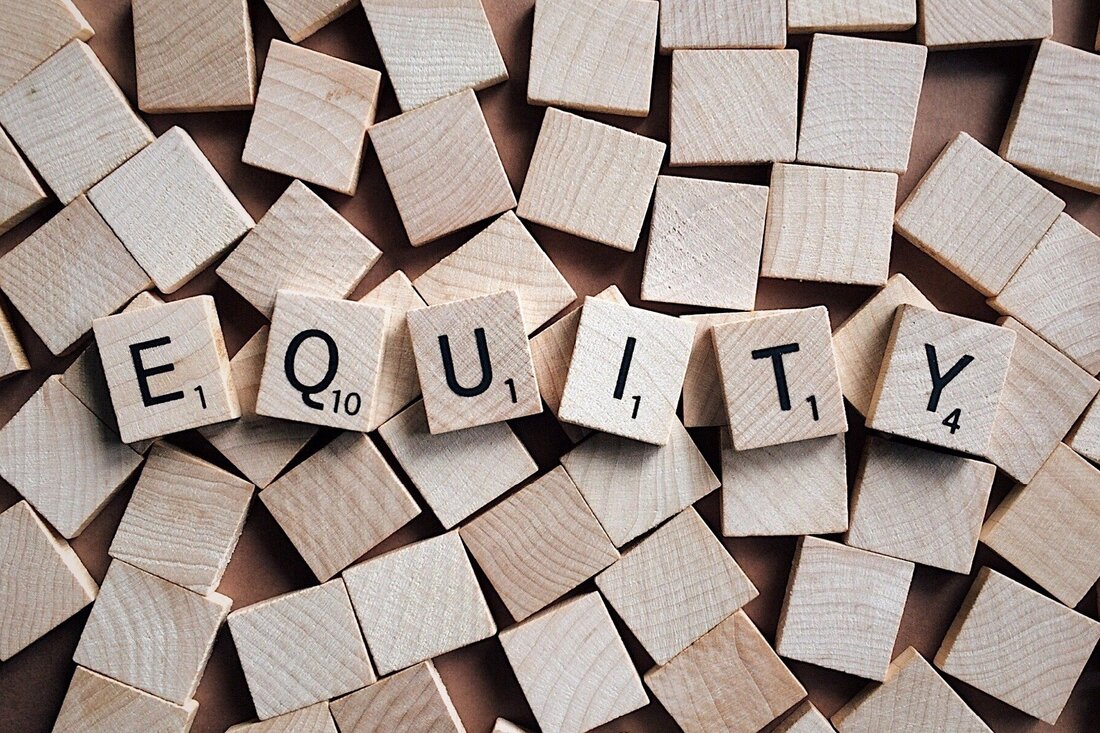
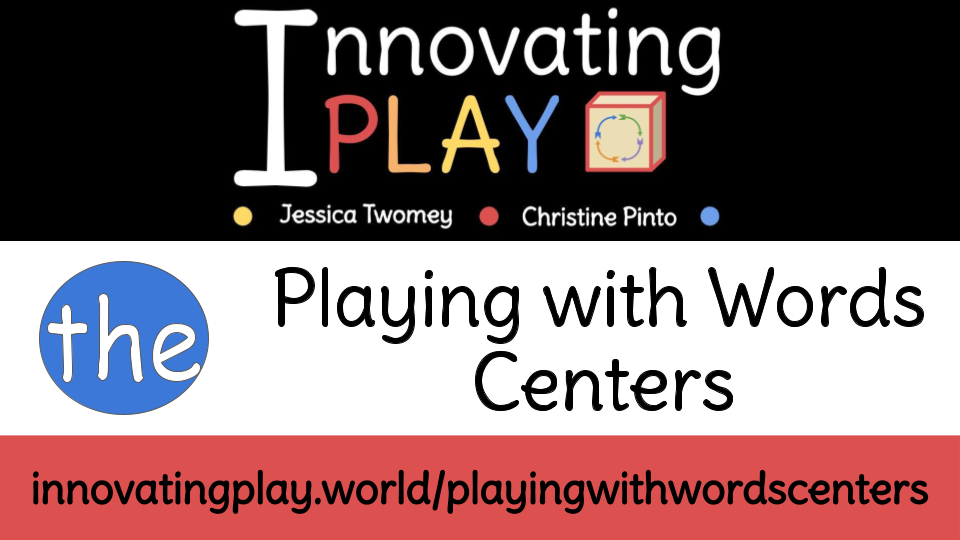
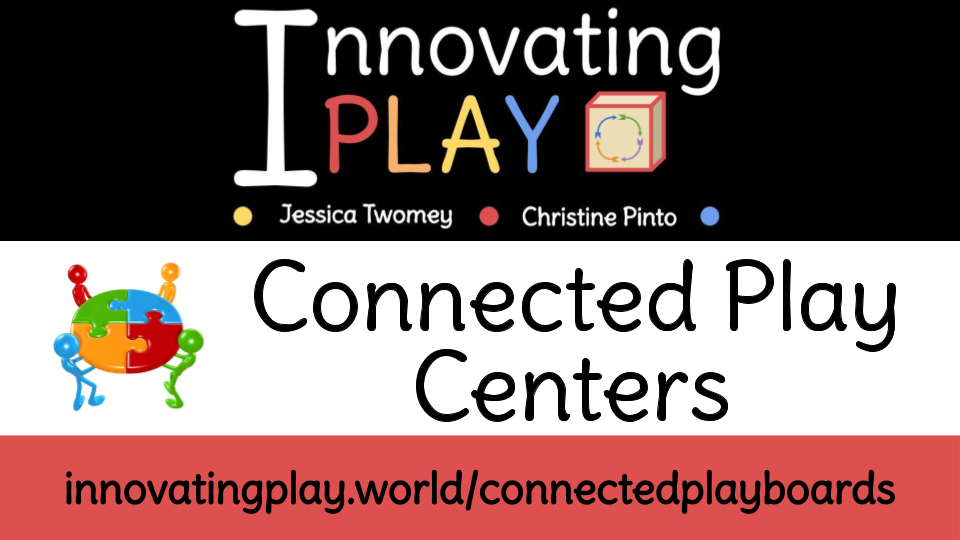
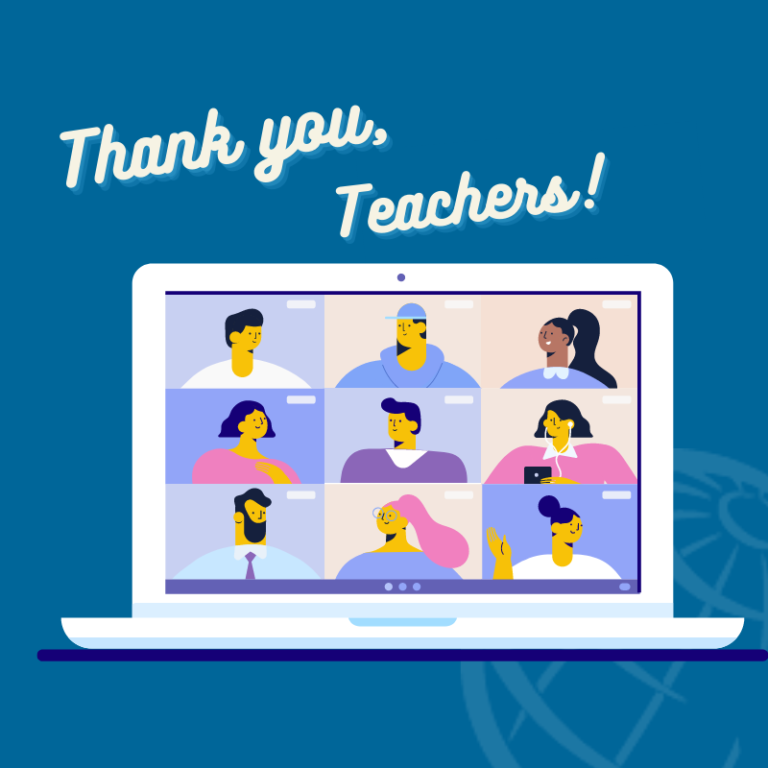
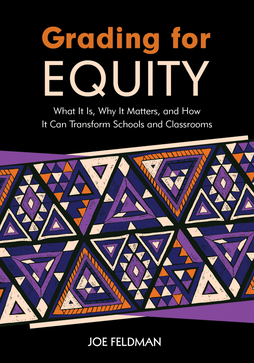
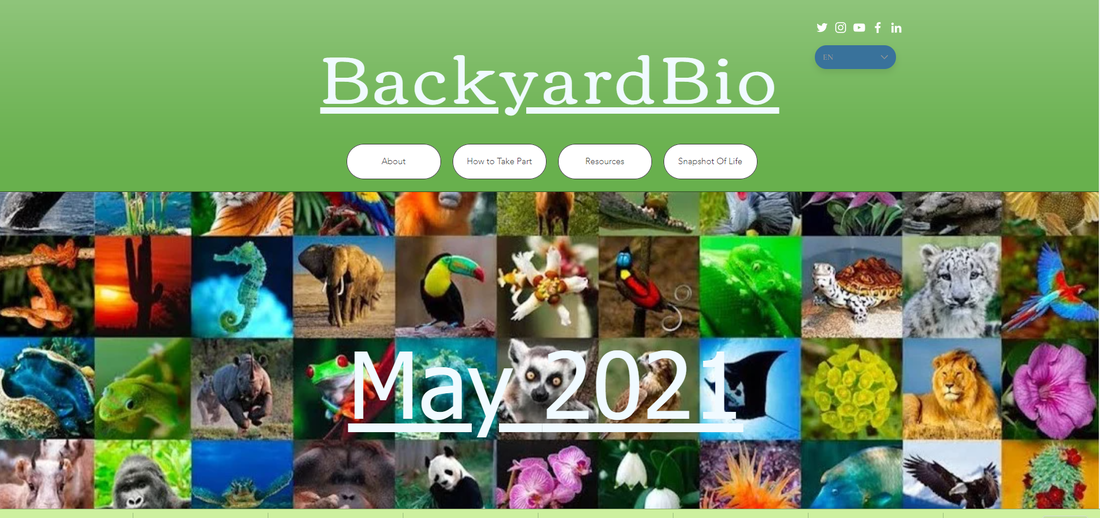
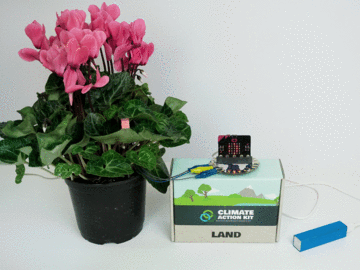
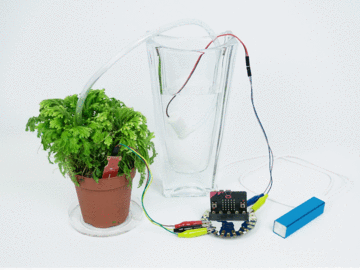
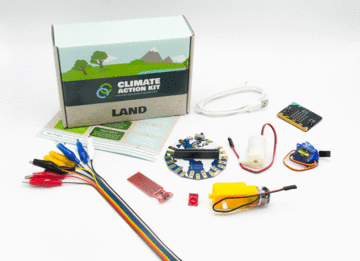
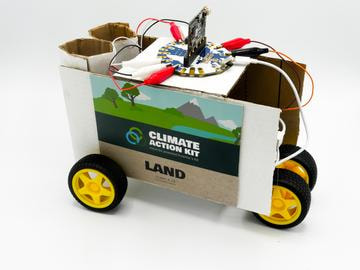
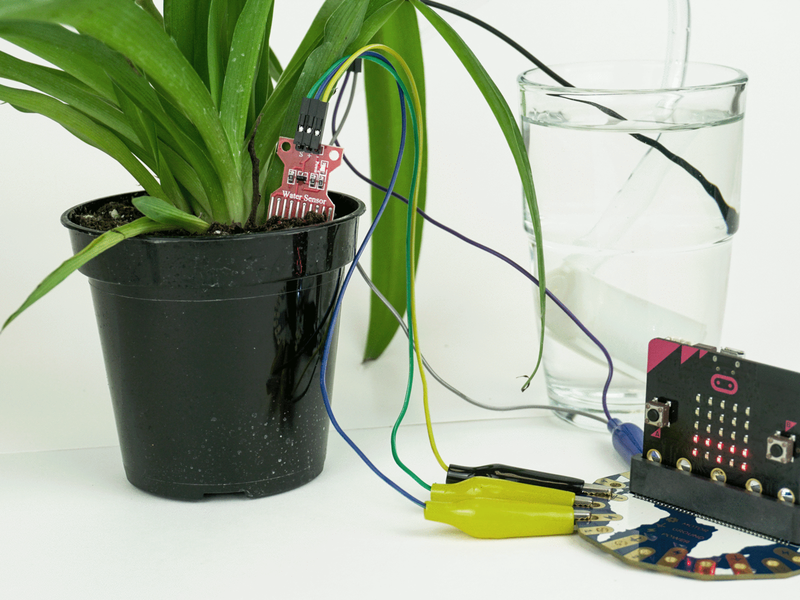
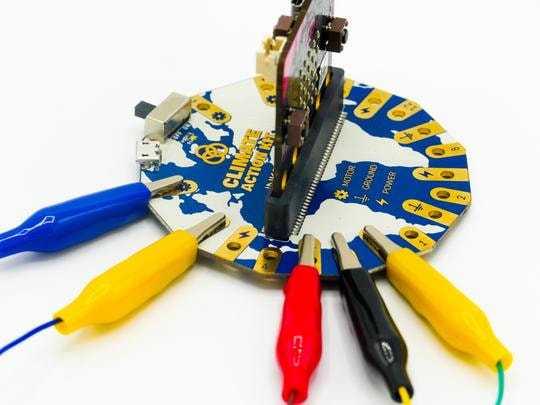
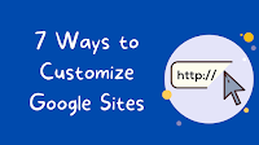
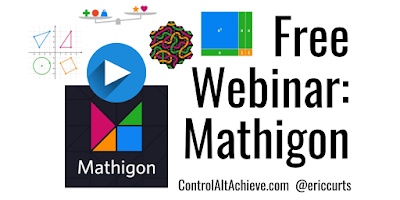
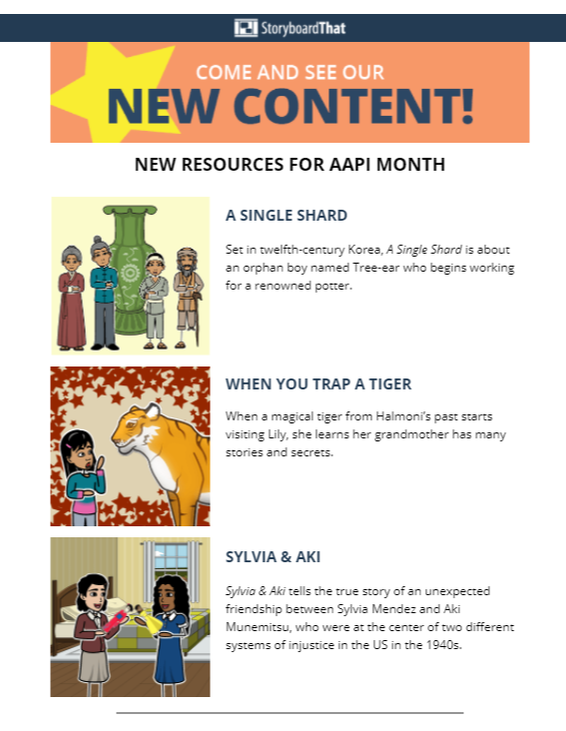

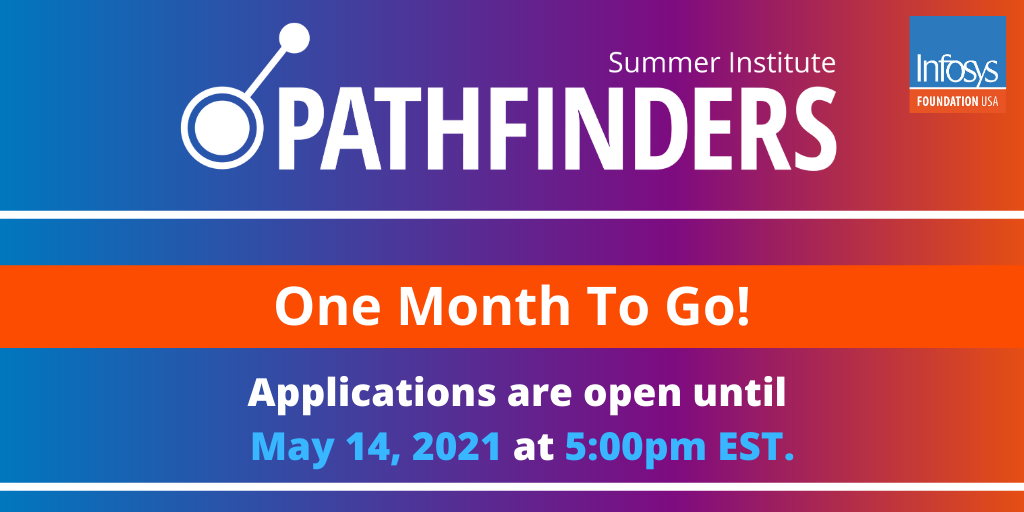
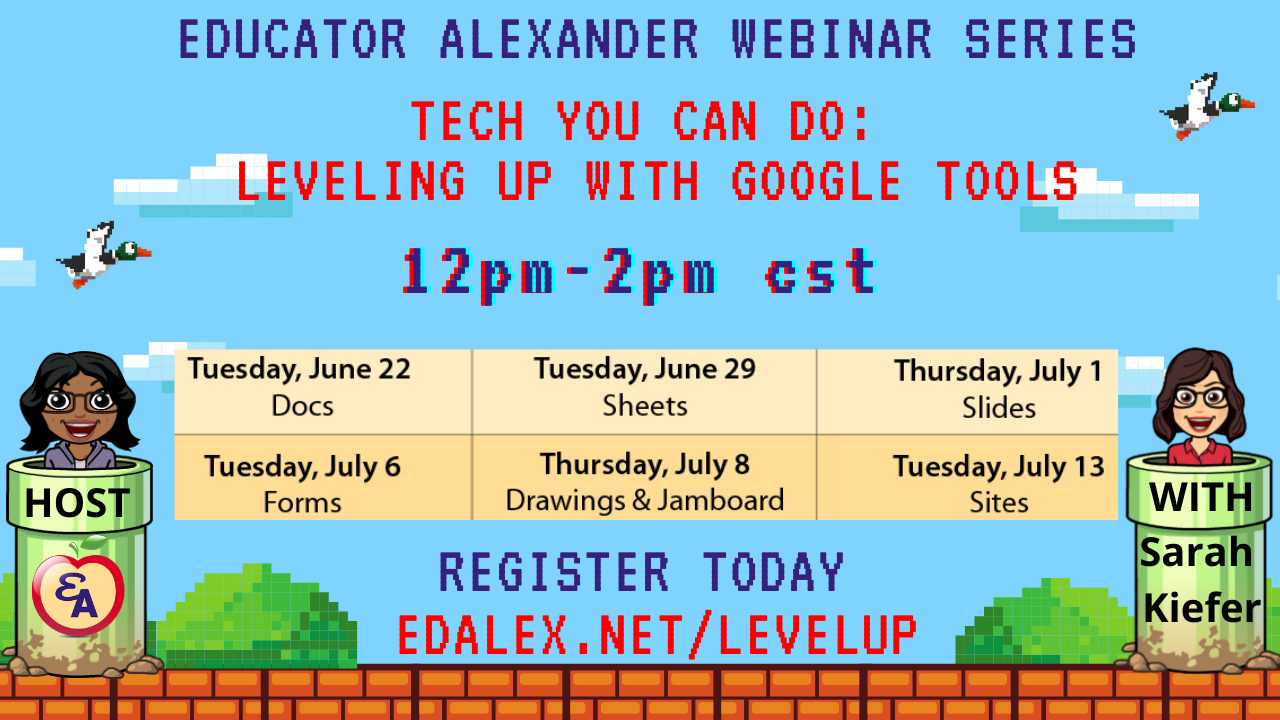
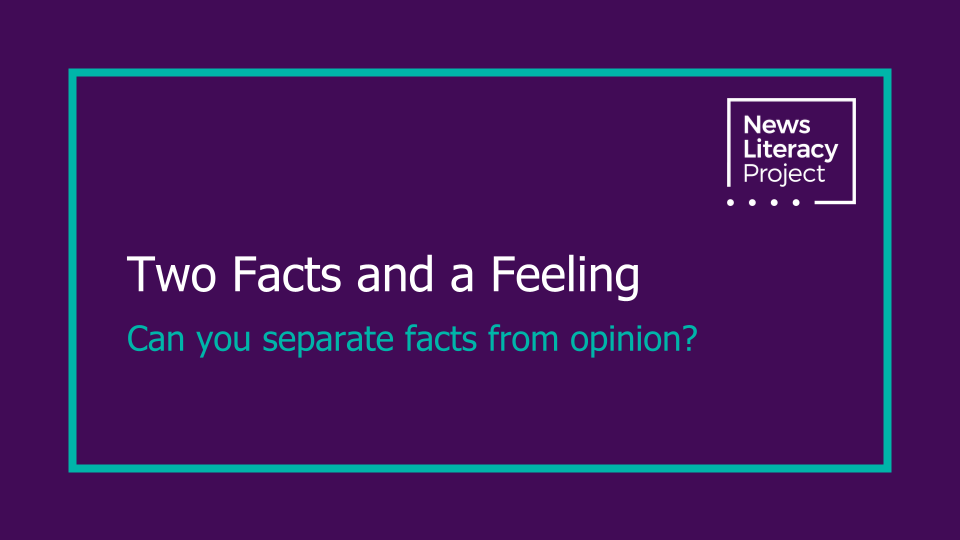
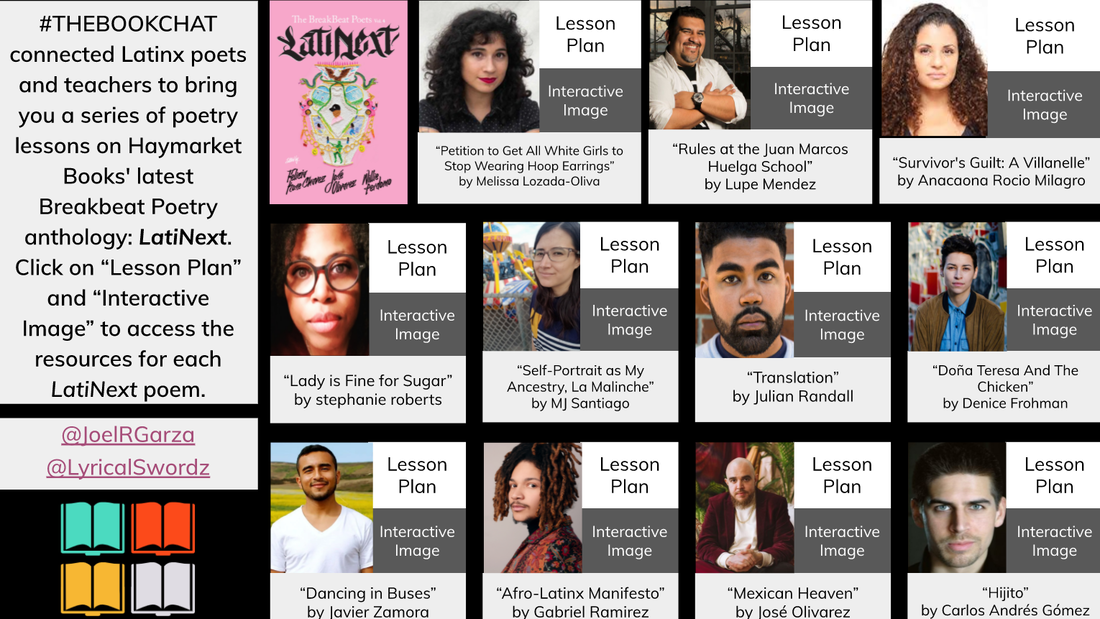
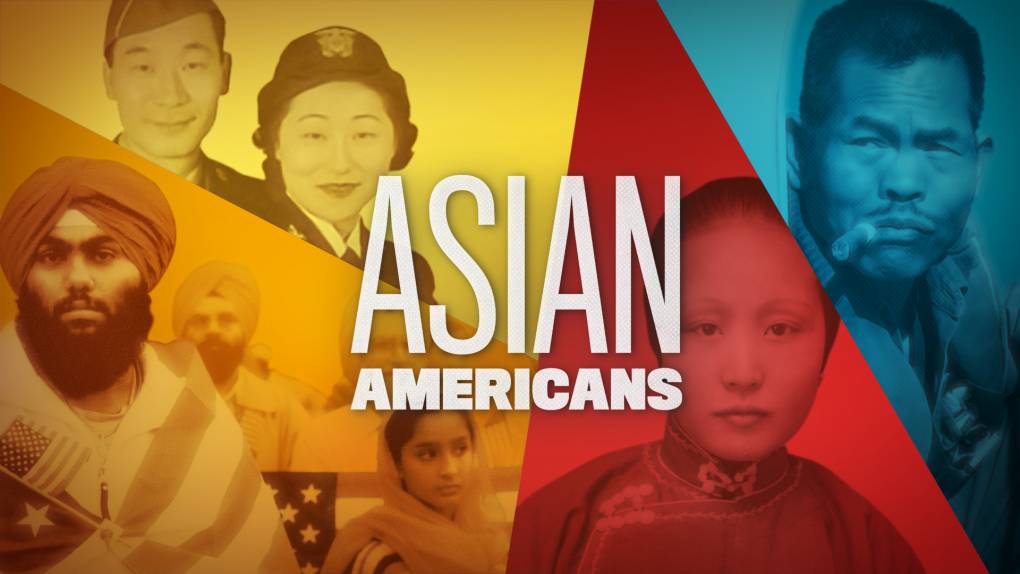
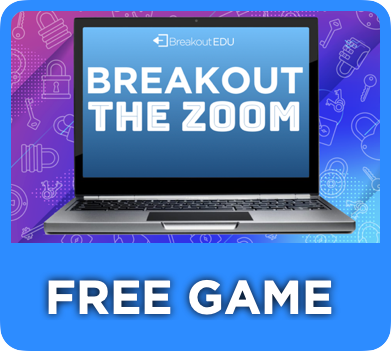
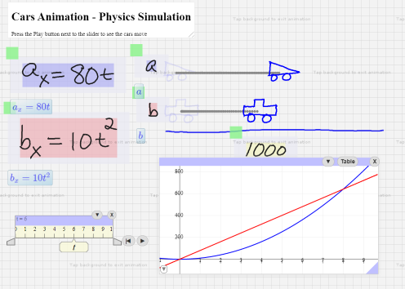
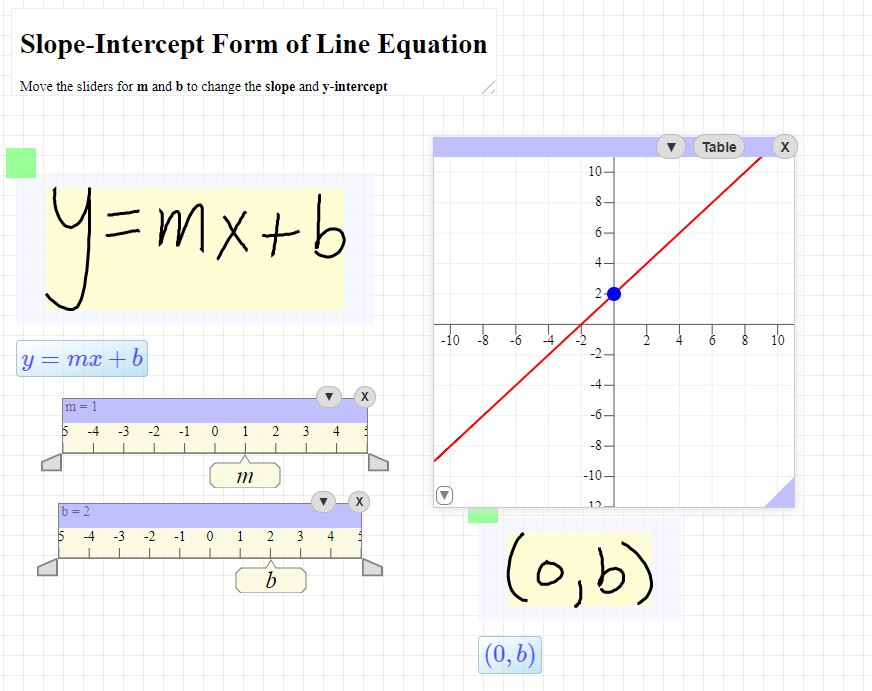
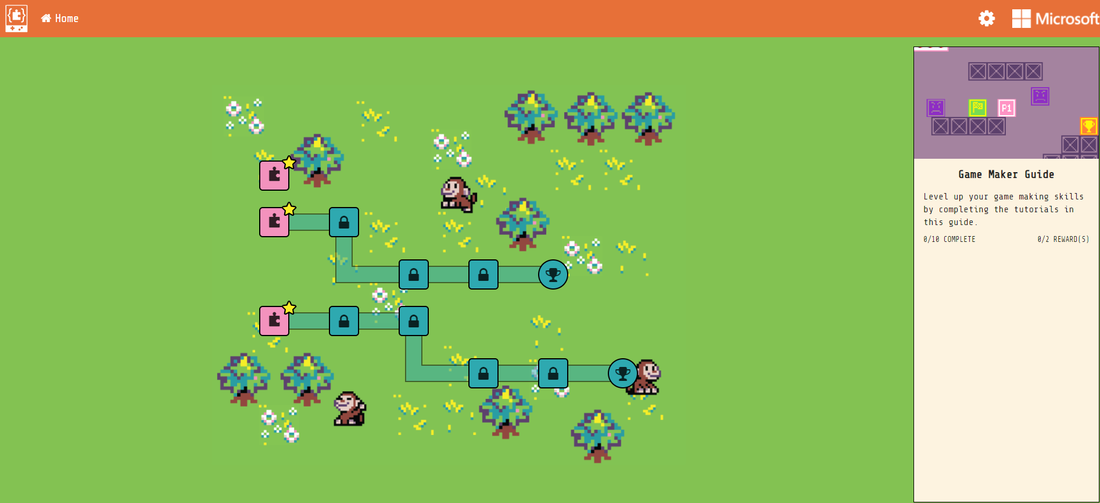
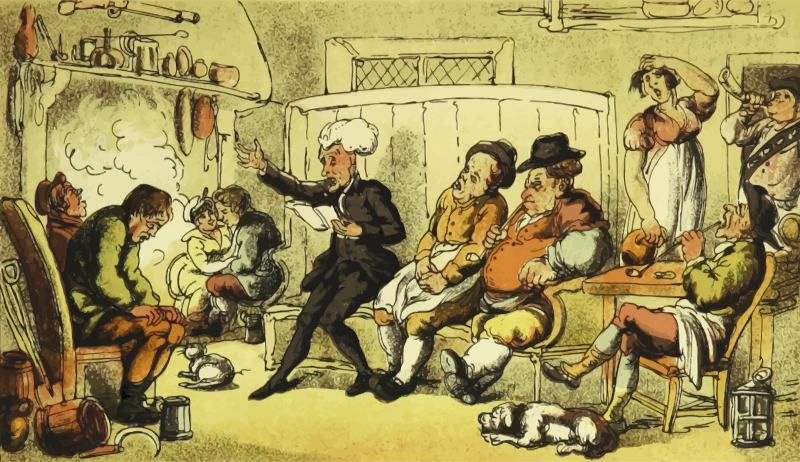

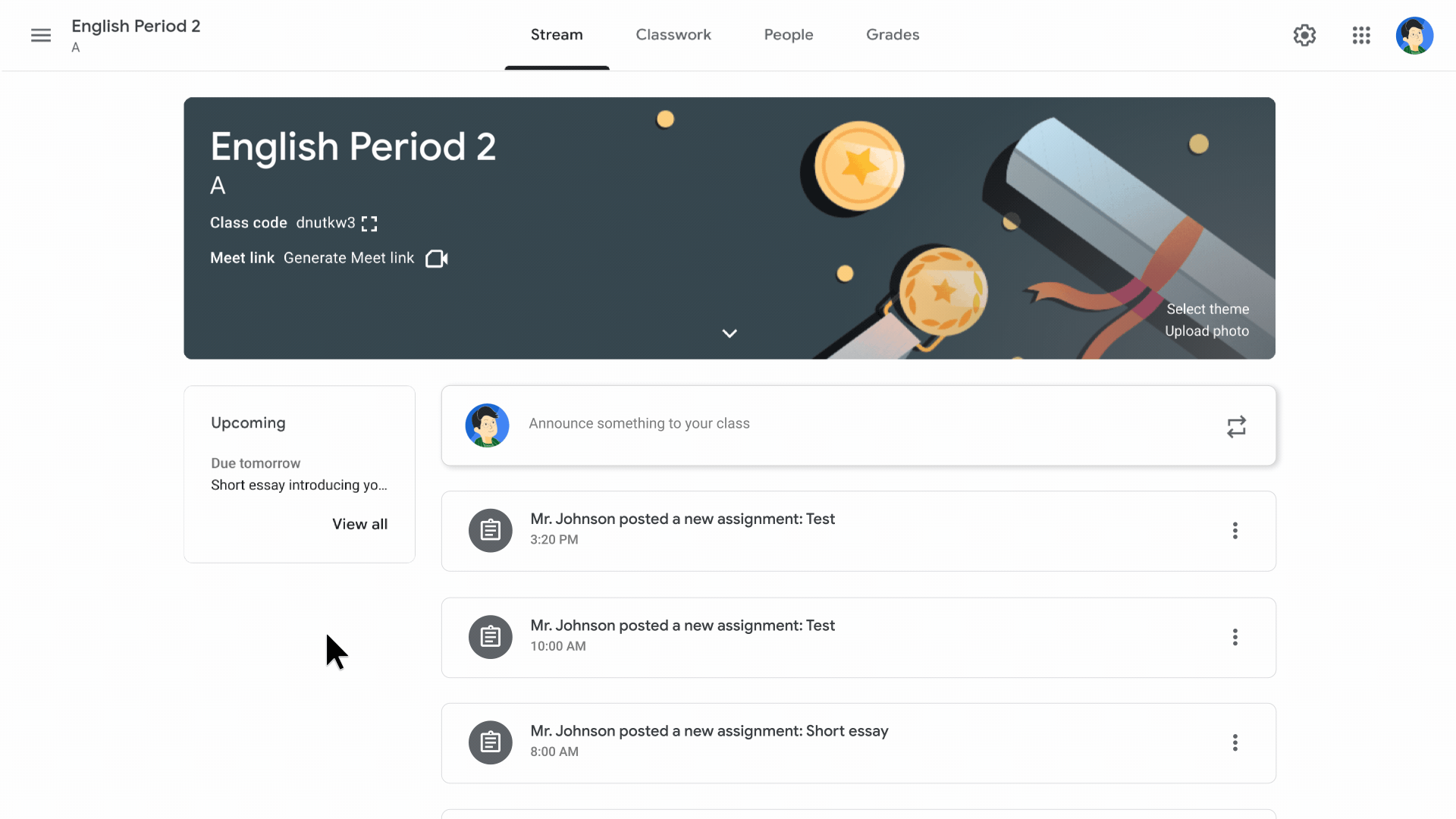
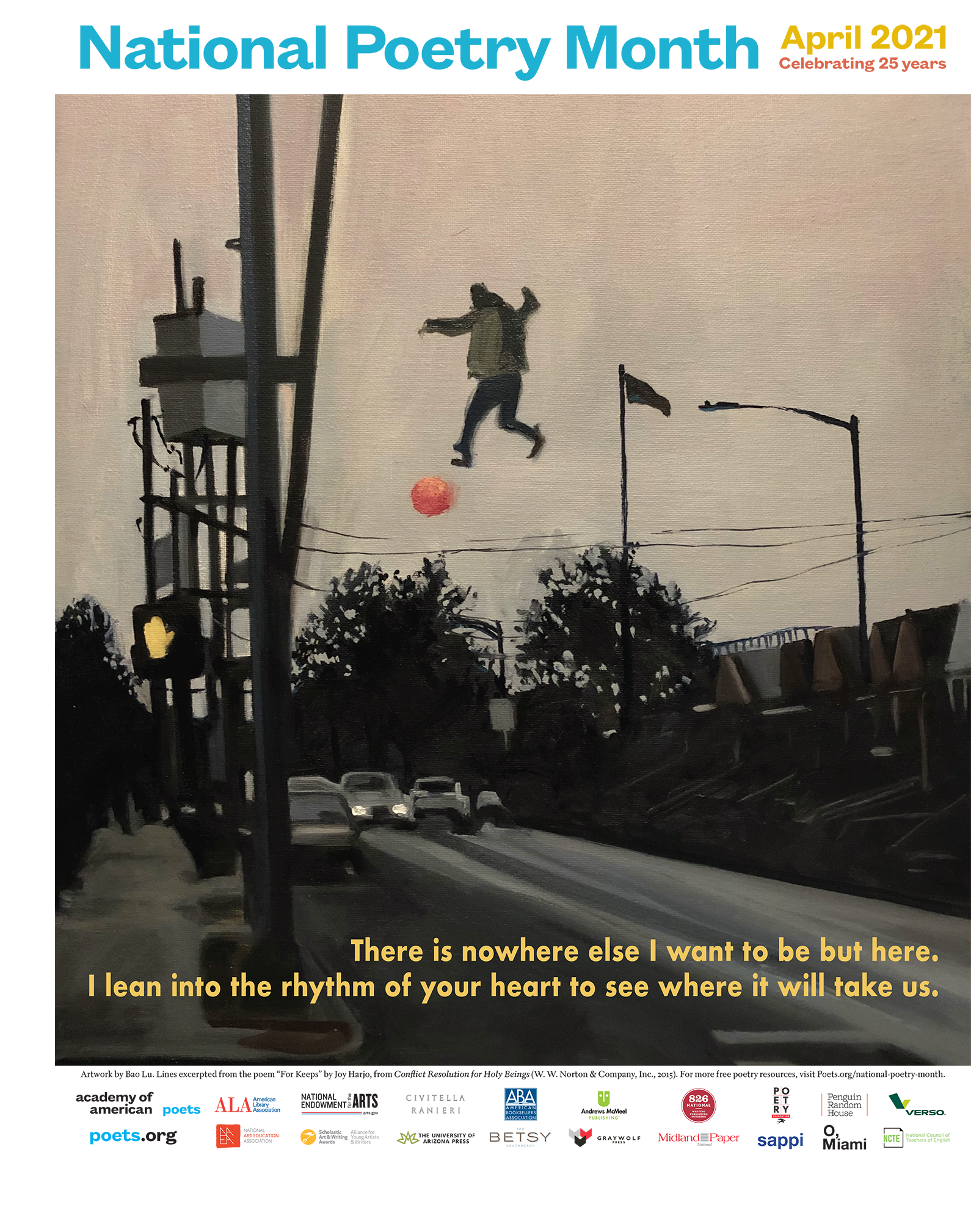
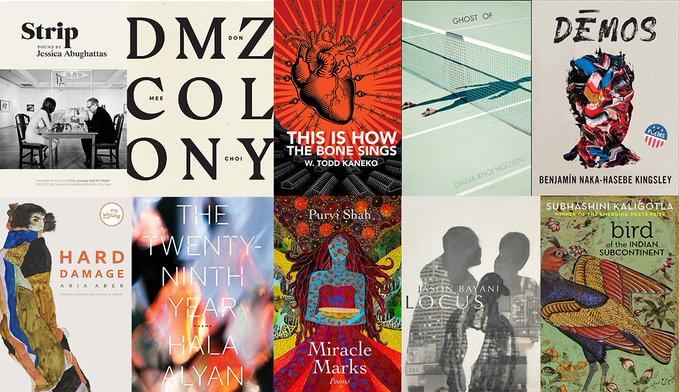
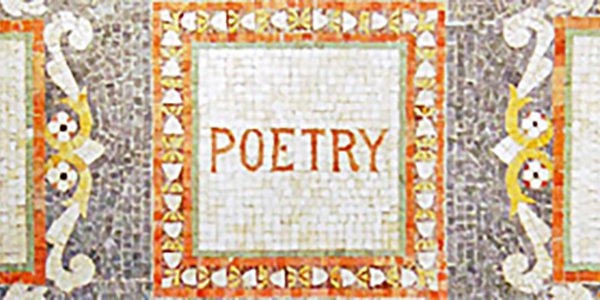

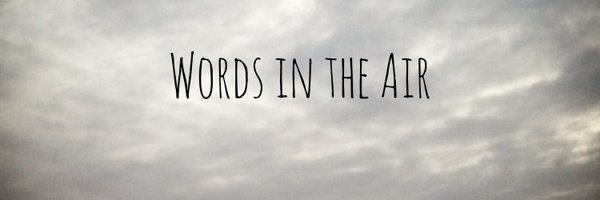
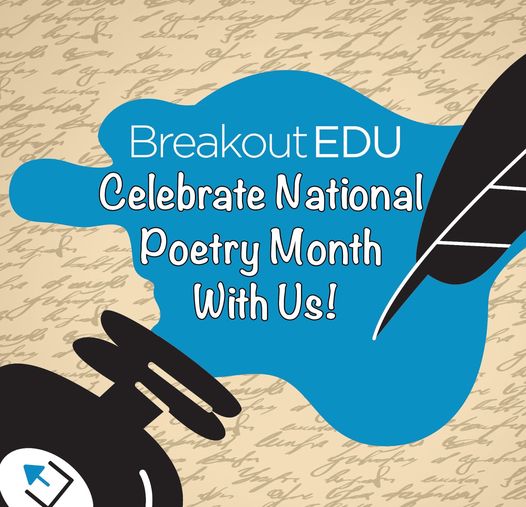
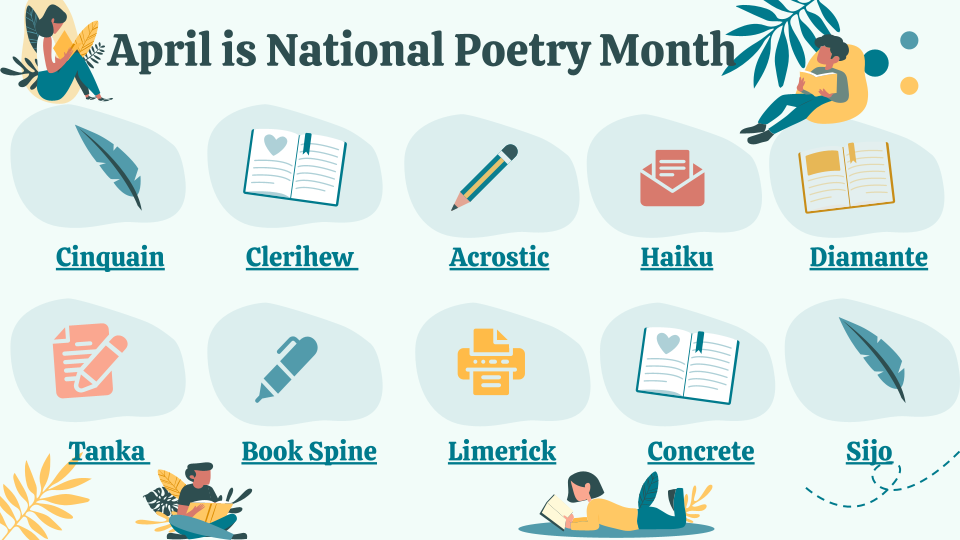


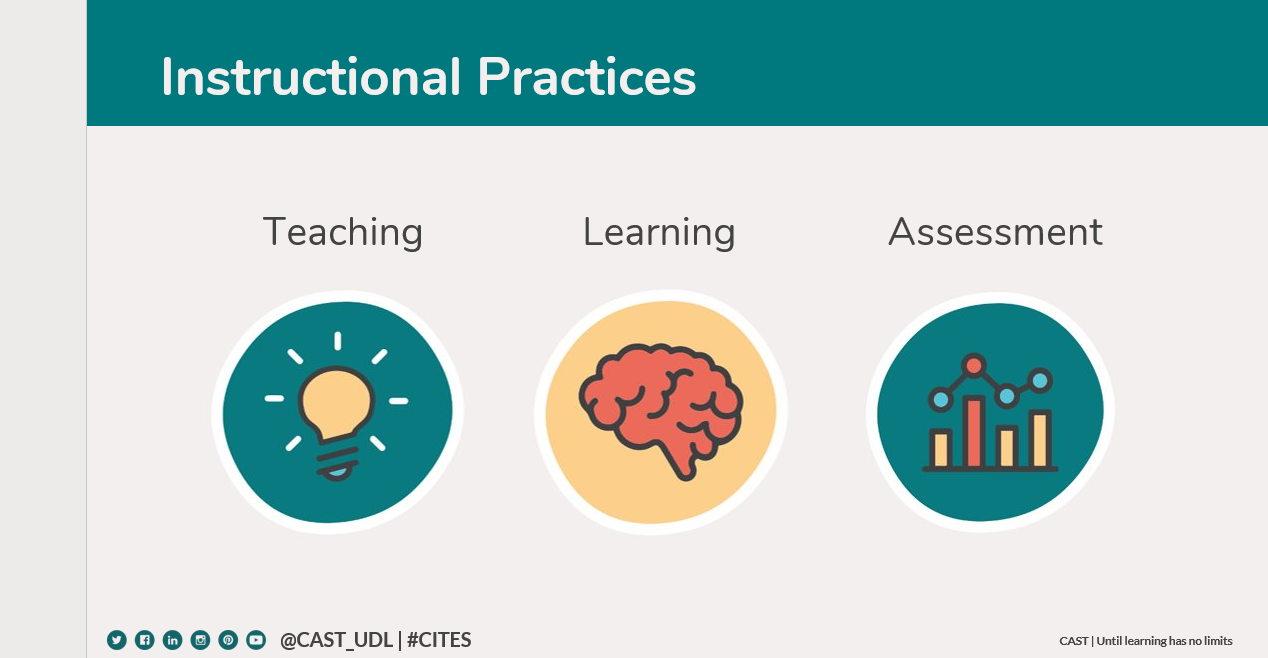
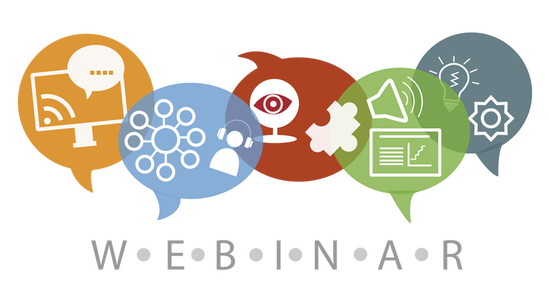
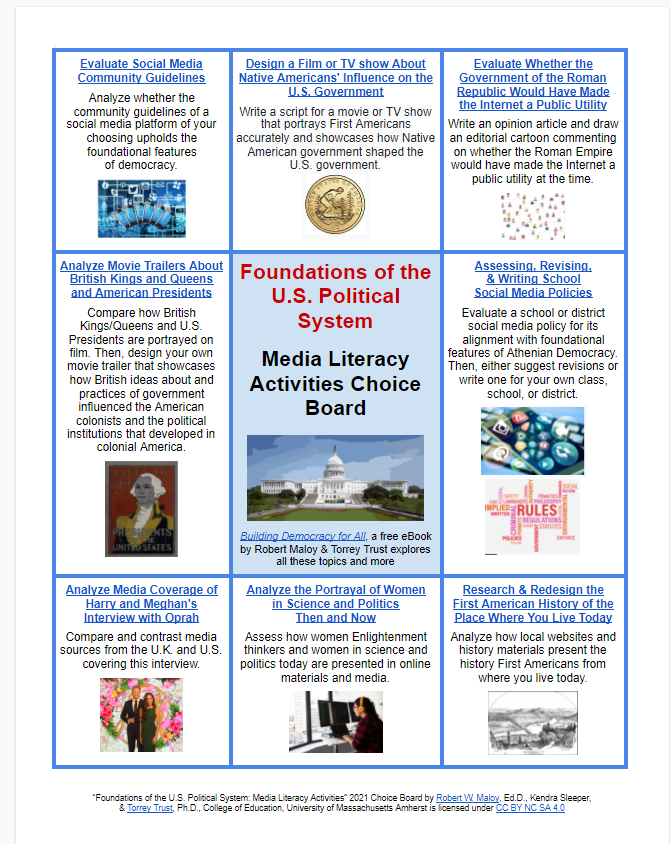
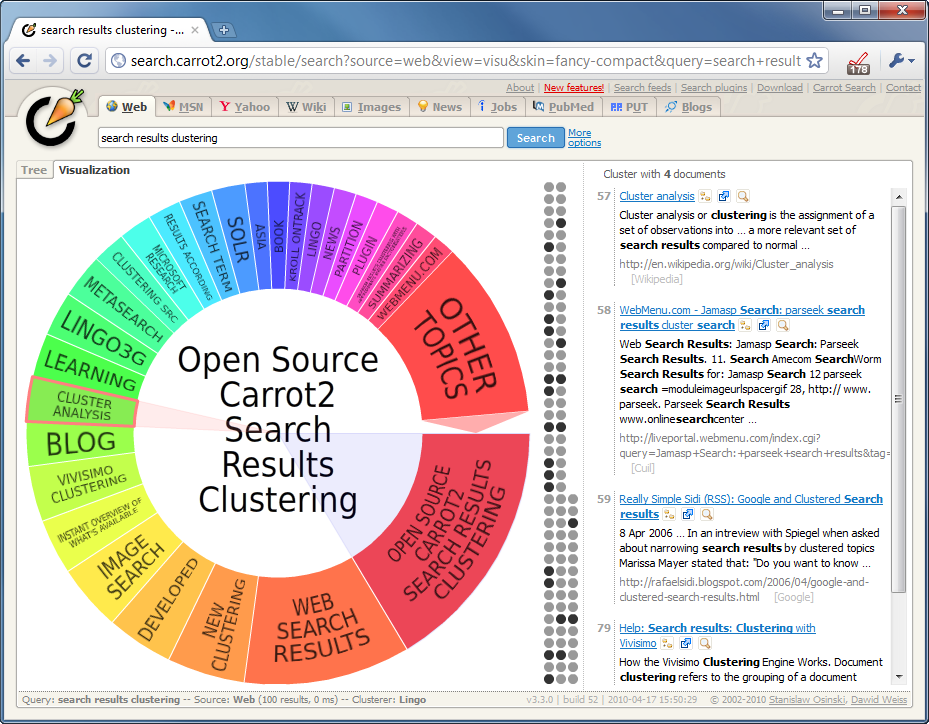
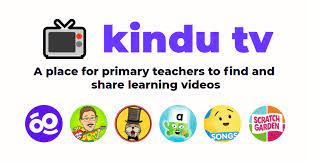
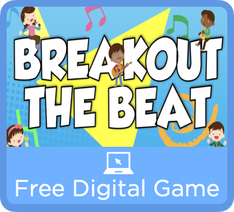
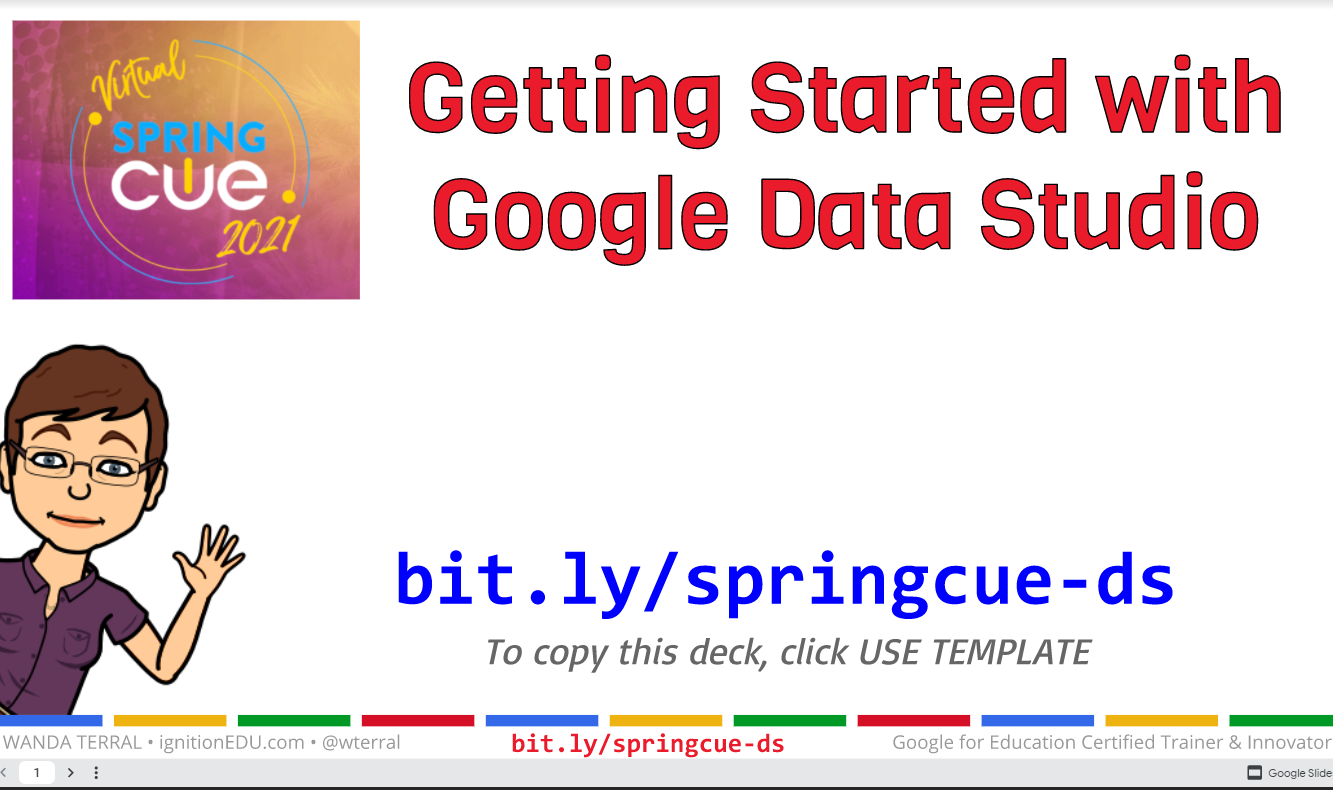
 RSS Feed
RSS Feed
